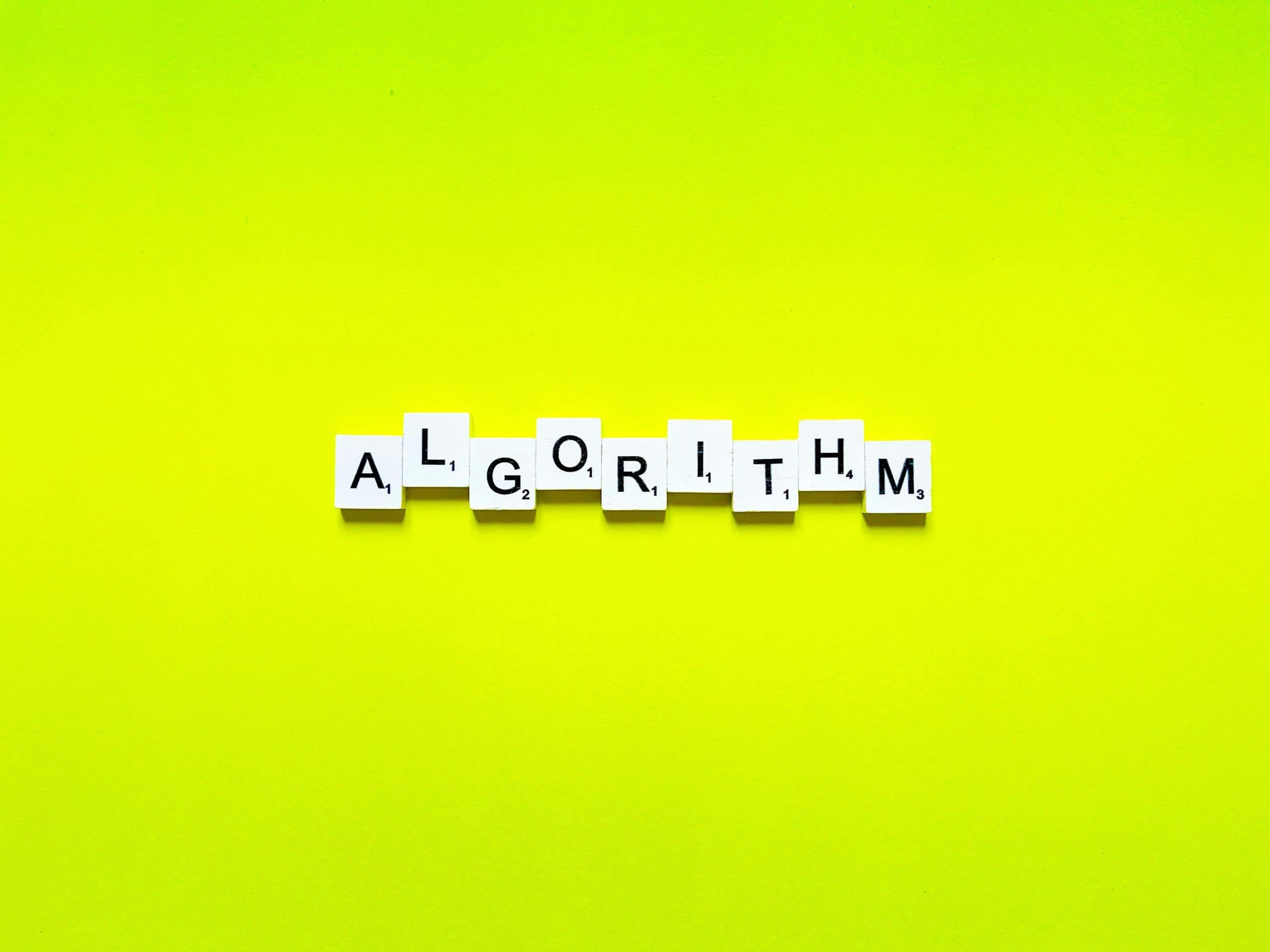In the rapidly evolving landscape of technology, the integration of artificial intelligence (AI) into our daily lives has become increasingly prominent. One of the most exciting applications of this technology is its potential to revolutionize energy efficiency in smart homes. As the UK continues to strive for a sustainable future, AI-powered solutions offer a promising avenue to reduce energy consumption, enhance security, and improve overall living standards. This article explores how AI can transform energy efficiency in UK smart homes, delving into the roles of smart devices, renewable energy sources, and intelligent systems.
Embracing Smart Technology for Energy Efficiency
The foundation of energy-efficient smart homes lies in the adoption of smart technology. Smart devices are designed to make our homes more convenient, secure, and energy-efficient. From smart thermostats to intelligent lighting systems, these devices use advanced algorithms and machine learning to optimize energy usage.
In parallel : How Can UK Financial Firms Utilize AI for Real-Time Market Analysis?
Smart thermostats, such as those developed by Google and other tech giants, can learn your daily routines and adjust the temperature accordingly. By analyzing data on your preferred temperatures, occupancy patterns, and even weather forecasts, these thermostats can reduce energy consumption while maintaining comfort. For instance, they can lower the heating when the house is empty and preheat it just before you return.
Smart lighting systems also play a crucial role in energy management. These systems can detect occupancy and daylight levels to adjust lighting intensity in real-time. This ensures that lights are only on when needed, significantly reducing electricity usage.
This might interest you : What Are the Best Practices for Implementing Blockchain in UK Healthcare Systems?
Moreover, smart plugs and switches can help monitor and control energy consumption of individual appliances. By providing insights into the power usage of each device, homeowners can make informed decisions about their energy habits. For example, they can identify and unplug energy-hogging devices when not in use.
As smart technology continues to evolve, its integration with AI will only enhance its capabilities. AI algorithms can analyze vast amounts of data from various smart devices to create a holistic view of your home’s energy usage. This enables more precise and effective energy management strategies.
Harnessing Renewable Energy with AI
The shift towards renewable energy sources is a cornerstone of the UK’s sustainability goals. Solar panels, wind turbines, and other renewable energy technologies are becoming increasingly common in residential areas. However, the intermittent nature of these energy sources poses a challenge. This is where AI steps in.
AI can optimize the usage of renewable energy by predicting energy generation patterns based on historical data and weather forecasts. For instance, AI systems can predict when solar panels will generate the most power and adjust home energy consumption accordingly. This ensures that renewable energy is utilized efficiently, reducing reliance on non-renewable sources.
Energy storage systems, such as home batteries, can also benefit from AI integration. These batteries store excess energy generated by solar panels for use during periods of low generation. AI can determine the optimal times to charge and discharge these batteries, maximizing their efficiency and lifespan. This not only enhances energy savings but also provides a reliable backup during power outages.
Furthermore, AI can facilitate demand response strategies, where homes adjust their energy usage based on grid conditions. During peak demand periods, AI-powered systems can temporarily reduce energy consumption in non-essential areas, easing the strain on the grid. This not only lowers electricity bills but also contributes to grid stability and reduces the need for additional power plants.
By intelligently managing renewable energy sources, AI enables smarter and more sustainable living spaces. Homeowners can enjoy the benefits of renewable energy without compromising on comfort or convenience.
Enhancing Energy Management with Artificial Intelligence
Effective energy management is essential for achieving energy efficiency in smart homes. AI-powered energy management systems offer a sophisticated solution to optimize energy usage in real-time. These systems use advanced data analytics and machine learning to provide actionable insights and control mechanisms.
One of the key features of AI-based energy management is its ability to analyze historical and real-time data to identify patterns and anomalies. By monitoring energy usage trends, the system can detect unusual spikes or drops in consumption and alert homeowners to potential issues. This proactive approach can prevent energy wastage and reduce overall consumption.
AI can also enable personalized energy management strategies. By learning the preferences and behaviors of individual occupants, the system can tailor energy-saving measures to suit their needs. For example, it can recommend energy-efficient appliances, suggest optimal settings for heating and cooling, and provide tips on reducing energy consumption.
Moreover, AI can integrate with other smart home systems to create a seamless energy management experience. For instance, it can coordinate the operation of heating, ventilation, and air conditioning (HVAC) systems with smart lighting and shading controls. By synchronizing these systems, AI can ensure that energy is used efficiently without compromising comfort.
Another significant advantage of AI in energy management is its ability to facilitate remote control and monitoring. Homeowners can access real-time data and control their energy systems from anywhere using their smartphones or other devices. This provides greater flexibility and convenience, allowing them to make adjustments on the go.
In summary, AI-powered energy management systems offer a comprehensive solution to optimize energy usage in smart homes. By leveraging data and intelligence, these systems enhance energy efficiency, reduce costs, and improve the overall quality of life.
The Future of Energy Efficiency in Smart Homes
The integration of AI into smart homes represents a significant leap towards a more sustainable future. As technology continues to advance, the potential for AI to improve energy efficiency will only grow. Several emerging trends and innovations are poised to shape the future of energy-efficient smart homes.
One such trend is the development of more sophisticated AI algorithms and machine learning models. These advancements will enable even more accurate predictions and optimizations, further reducing energy consumption and costs. For example, AI could predict energy usage patterns months in advance, allowing homeowners to plan and budget more effectively.
The proliferation of smart devices and the Internet of Things (IoT) will also play a crucial role. As more devices become connected and capable of sharing data, AI systems will have access to a richer dataset. This will enable more comprehensive and precise energy management strategies. Imagine a home where every device, from your refrigerator to your washing machine, works in harmony to minimize energy usage.
Renewable energy technologies will continue to evolve, becoming more efficient and affordable. AI will play a critical role in integrating these sources into the energy mix, ensuring that homes can rely on renewables for a larger portion of their energy needs. For instance, advancements in solar panels could make them more efficient in capturing sunlight, while AI could optimize their orientation and angle to maximize generation.
Moreover, advancements in AI will bring about new opportunities for energy savings and sustainability. For example, AI could enable predictive maintenance of energy systems, identifying potential issues before they become critical. This proactive approach can prevent breakdowns and ensure that systems operate at peak efficiency.
In conclusion, the future of energy efficiency in smart homes is incredibly promising. The combination of AI, smart technology, and renewable energy sources offers a powerful toolkit to reduce energy consumption, lower costs, and enhance sustainability. As we move forward, embracing these innovations will be key to creating smarter, more energy-efficient living spaces.
Artificial intelligence holds the key to unlocking unprecedented levels of energy efficiency in UK smart homes. By leveraging data, intelligence, and smart technology, AI can optimize energy consumption, integrate renewable energy sources, and provide sophisticated energy management solutions. The result is a more sustainable, cost-effective, and comfortable living environment.
As homeowners, embracing AI-powered solutions can lead to significant energy savings and a reduced environmental footprint. From smart thermostats and lighting systems to advanced energy management platforms, the possibilities are vast and exciting. By staying informed and open to these innovations, we can collectively contribute to a more sustainable future.
AI is not just a tool; it’s a transformative force that can reshape the way we live. As we continue to explore and harness its potential, the vision of energy-efficient smart homes in the UK will become a reality. By integrating AI into our homes, we can achieve greater energy efficiency, promote renewable energy, and create a better future for generations to come.
So, how can AI improve energy efficiency in UK smart homes? The answer lies in its ability to analyze data, optimize systems, and provide intelligent solutions that enhance both energy efficiency and our quality of life. Embrace the future, and let AI lead the way to smarter, more sustainable living spaces.











